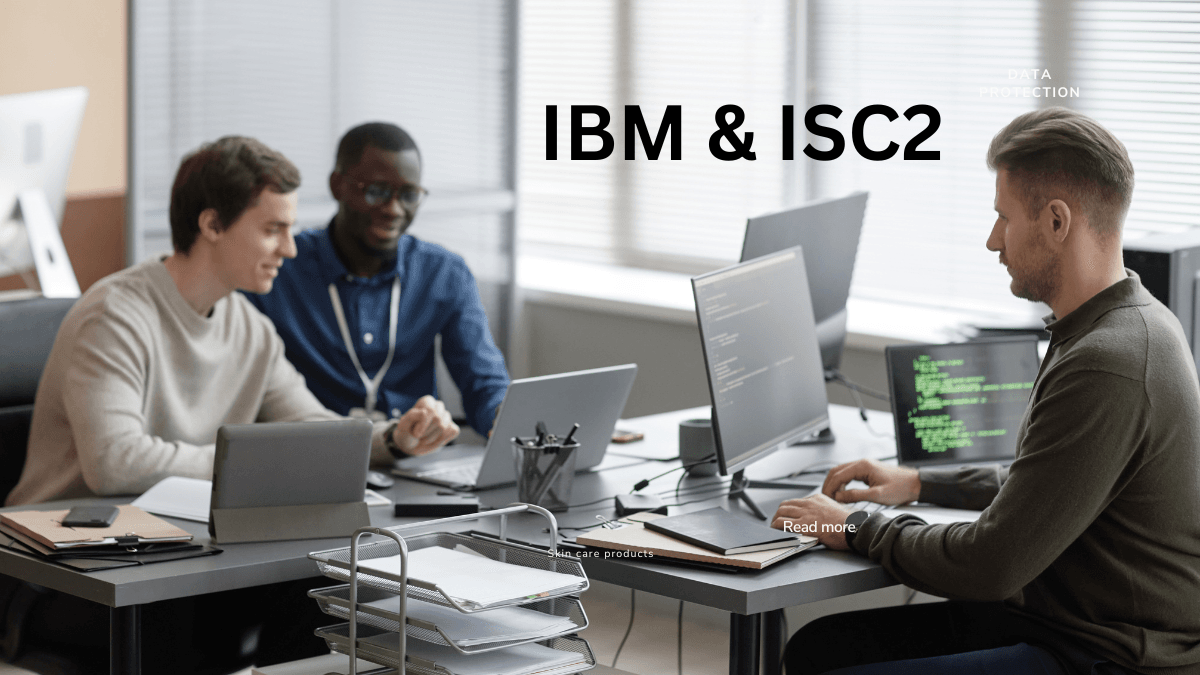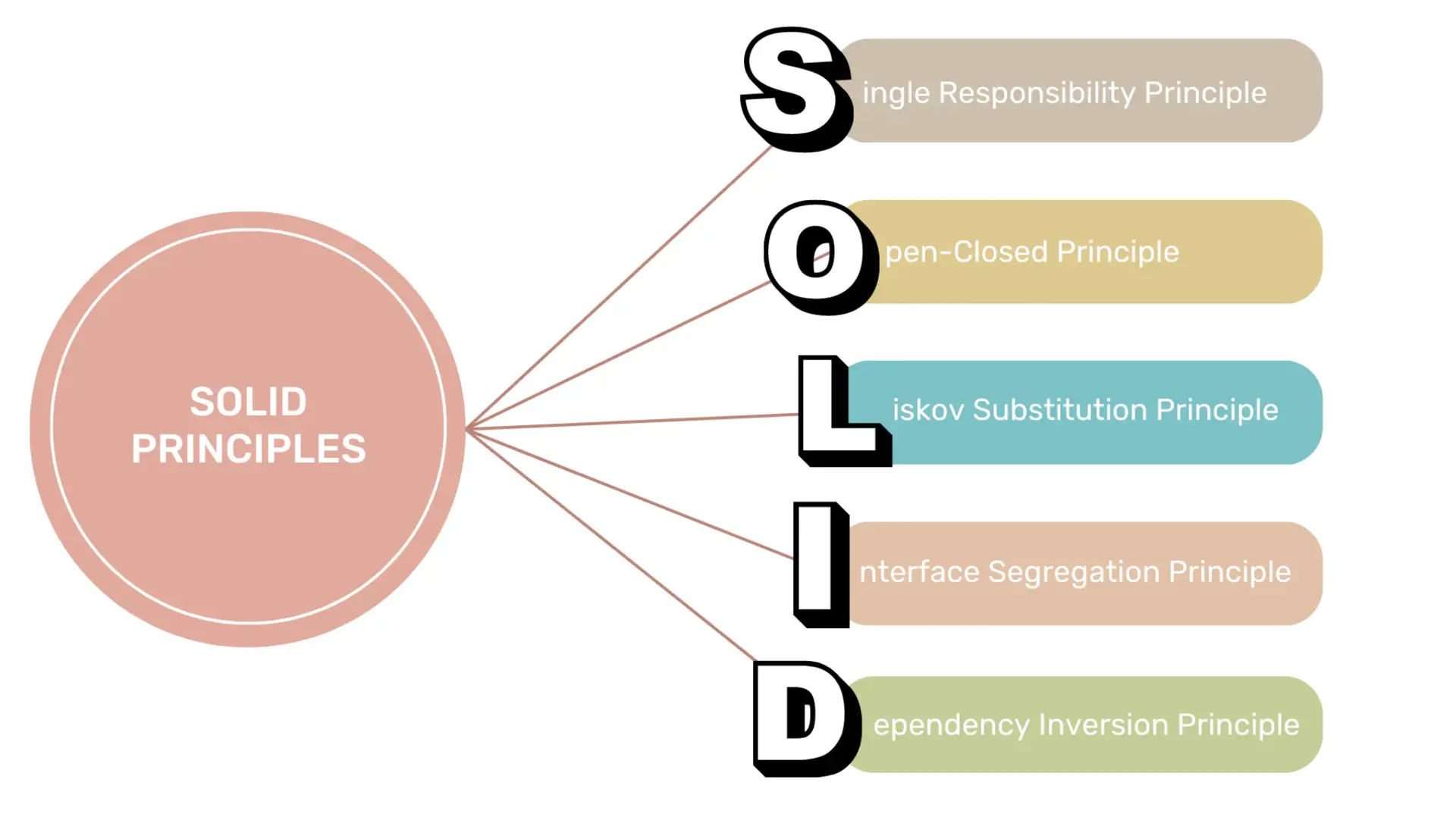Introduction In the modern era of cloud computing, software architecture plays a crucial role in enabling organizations to leverage the full potential of the cloud. With the increasing adoption of…
The Intersection of DevOps and Software Engineering: A Comprehensive Guide

This comprehensive guide explores the relationship between DevOps and software engineering, their key principles, methodologies, and the benefits they offer to organizations.
Learn about continuous integration, automation, collaboration, and more.
Discover how adopting DevOps in software engineering can improve collaboration, accelerate time to market, enhance software quality, increase scalability and flexibility, and drive continuous improvement and innovation.

Check out the DevOps and Software Engineering course on Coursera for a comprehensive understanding of these fields.
Introduction
There are are two critical disciplines in the world of technology.
While they are distinct fields, they often intersect, complementing and enhancing each other’s practices to drive efficiency, collaboration, and innovation in software development.
In this comprehensive guide, we will explore the relationship between DevOps and software engineering, their key principles, methodologies, and the benefits they offer to organizations.
Understanding DevOps
DevOps is a set of practices that combines software development (Dev) and IT operations (Ops) to shorten the development lifecycle and deliver software faster and more reliably.
It emphasizes collaboration, communication, and automation across teams, breaking down silos and streamlining processes.
Key Principles of DevOps
DevOps is guided by several key principles:
- Continuous Integration and Continuous Delivery (CI/CD): DevOps promotes the integration of code changes frequently and automates the deployment process, enabling faster delivery of software.
- Infrastructure as Code (IaC): By treating infrastructure as code, DevOps practitioners can automate the provisioning, configuration, and management of infrastructure resources.
- Monitoring and Logging: DevOps teams prioritize monitoring and logging to gain insights into system performance, detect issues, and ensure timely resolution.
- Collaboration and Communication: DevOps fosters a culture of collaboration and open communication between development, operations, and other stakeholders.

Software Engineering: Foundations and Practices
Software engineering encompasses the systematic approach to designing, developing, and maintaining software systems.
It involves applying engineering principles, methodologies, and tools to create high-quality software that meets user requirements.
Software Development Life Cycle (SDLC)
The Software Development Life Cycle (SDLC) is a framework that outlines the stages of software development from inception to deployment and maintenance.
The common phases include:
- Requirements Gathering: Gathering and documenting user requirements and expectations.
- Design: Creating a detailed design specification based on the requirements.
- Implementation: Writing and coding the software based on the design.
- Testing: Conducting various tests to ensure the software functions as intended.
- Deployment: Releasing the software to the end-users.
- Maintenance: Providing ongoing support, bug fixes, and updates to the software.
The Synergy between DevOps and Software Engineering
It shares common goals and principles, making them highly complementary.

Automation and Continuous Integration
DevOps practices, such as continuous integration and automation, align with software engineering principles.
By integrating code changes frequently and automating build and testing processes, software engineers can identify and resolve issues early, ensuring the delivery of high-quality software.
Collaboration and Communication
Both emphasize collaboration and communication.
DevOps encourages cross-functional teams, including software engineers, to work together seamlessly, fostering a culture of shared responsibility and knowledge transfer.
Infrastructure as Code (IaC) and Configuration Management
Software engineering practices, such as infrastructure as code (IaC) and configuration management, enable the automation and standardization of infrastructure provisioning and management.
DevOps leverages these practices to ensure consistent environments for software development, testing, and deployment.
Monitoring and Feedback Loops
Monitoring and feedback loops are crucial aspects of both. Continuous monitoring allows software engineers to gather insights into the performance and behavior of their applications, enabling them to make data-driven decisions for optimization and improvement.
The Benefits of Adopting DevOps in Software Engineering
Organizations that embrace DevOps in software engineering stand to gain several benefits:
Improved Collaboration and Efficiency
DevOps fosters collaboration between software engineers, operations teams, and other stakeholders, breaking down silos and streamlining processes.
This collaboration leads to improved efficiency and faster delivery of software.

Accelerated Time to Market
By automating processes and integrating development and operations, DevOps enables organizations to release software faster and more frequently, reducing time to market and gaining a competitive edge.
Enhanced Software Quality
DevOps practices, such as continuous integration and automated testing, contribute to improved software quality.
By catching and addressing issues early in the development cycle, software engineers can deliver more reliable and stable software.
Increased Scalability and Flexibility
DevOps enables organizations to scale their software systems efficiently.
By leveraging cloud computing and infrastructure automation, software engineers can provision resources as needed, ensuring optimal performance and flexibility.
Continuous Improvement and Innovation
DevOps promotes a culture of continuous improvement and innovation.
By embracing feedback, monitoring, and iterative development, software engineers can continuously enhance their software products and deliver innovative solutions to users.
Conclusion
They are intertwined disciplines that, when combined, create a powerful framework for efficient and high-quality software development.

By embracing the principles and practices of DevOps, software engineers can enhance collaboration, accelerate delivery, and drive innovation in their organizations.
Are you interested in learning more about it? Check out the DevOps and Software Engineering course on Coursera for a comprehensive understanding of these fields.
https://itexamsusa.blogspot.com/2023/12/mastering-matlab-programming-for.html
https://itexamsusa.blogspot.com/2023/12/monolith-vs-microservices-which-one-is.html
https://itexamsusa.blogspot.com/2023/12/publicprivate-keypairs-and-generating.html
https://itexamsusa.blogspot.com/2023/10/exam-dp-203-data-engineering-on.html
https://itexamsusa.blogspot.com/2023/10/ccnp-enterprise-advanced-routing-enarsi.html
https://itexamsusa.blogspot.com/2023/10/red-hat-certified-engineerrhce-ex294.html
https://itexamsusa.blogspot.com/2023/09/github-actions-to-auto-build-your.html



























